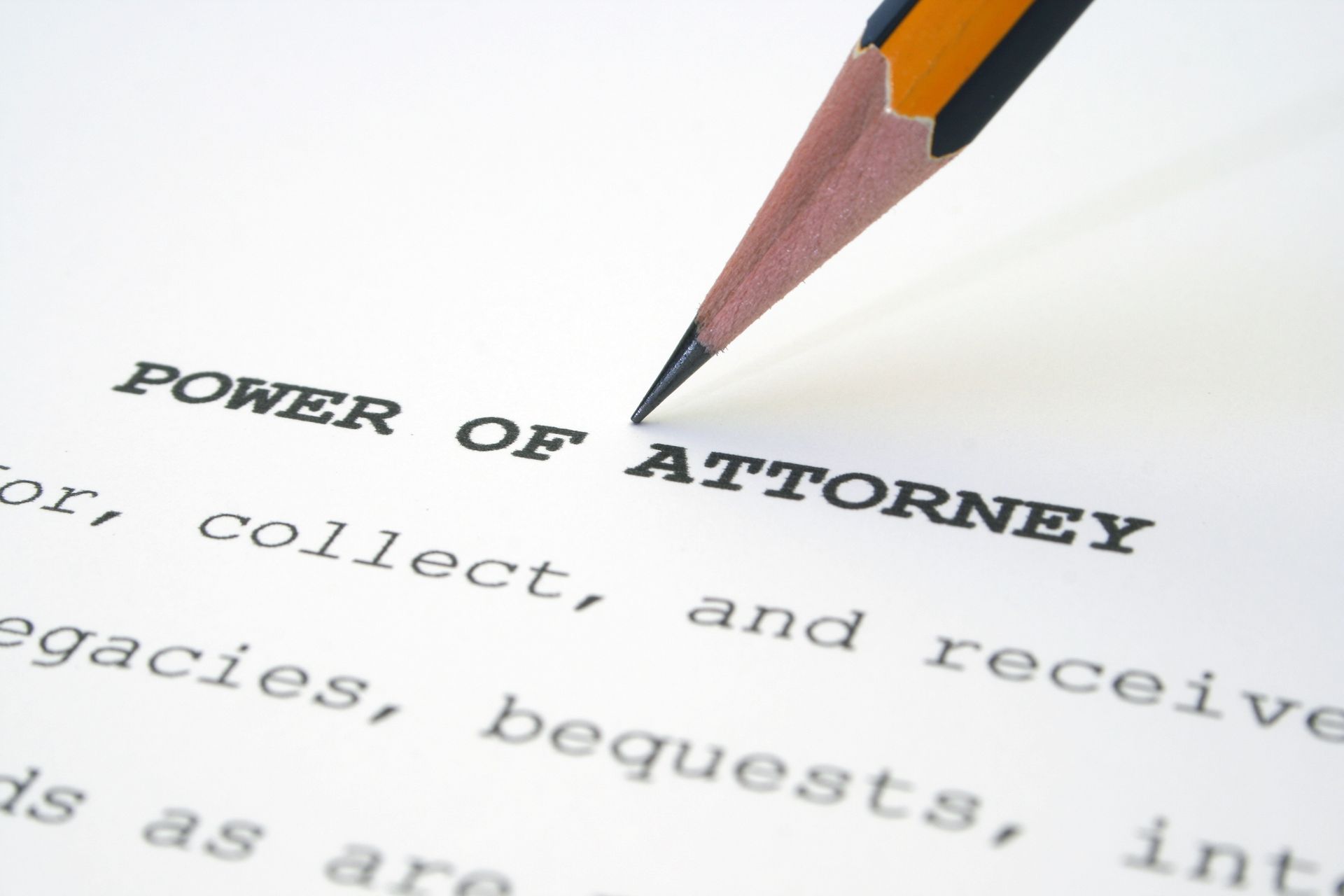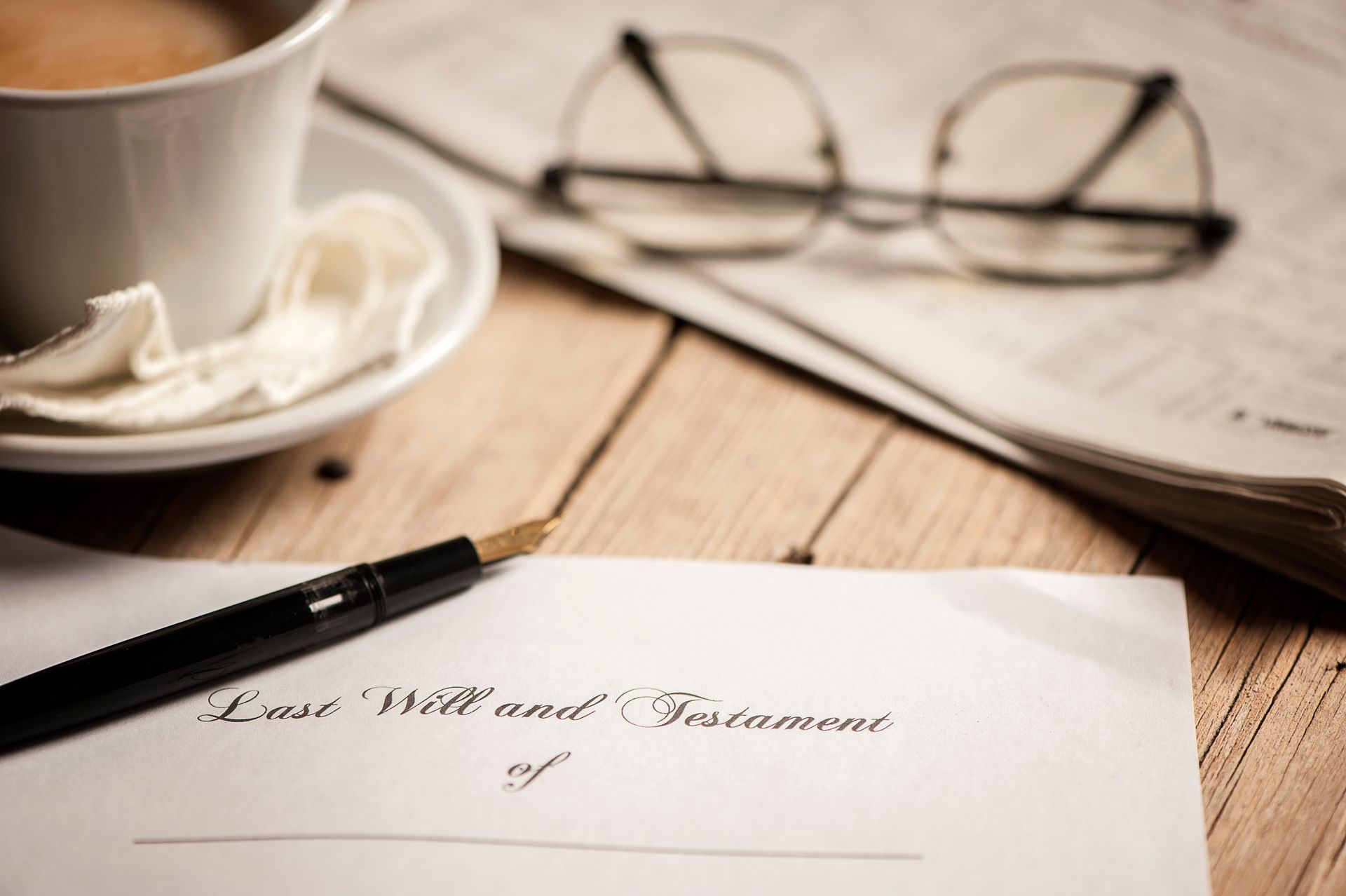How to Contest a Will in Washington DC
The process of contesting a will can be a complex and emotional experience, particularly if you reside in Washington DC. Whether you feel that a loved one's final wishes have been unfairly altered or you believe that the will is invalid, understanding the legal process of contesting a will is critical to protecting your rights. In this blog post, we'll explore the step-by-step process of contesting a will in Washington DC, including the assets at issue, standing, the time period to contest a will, the methods of contesting, discovery of evidence, mediation, trial, appeal, and how an experienced attorney can help.
The assets at issue: When contesting a will, it's vital to understand what assets are at issue. Typically, assets at issue in a will contest include real property, bank accounts, investments, and other assets that have been left to beneficiaries. Understanding the specific assets at issue in your case can help guide your legal strategy.
Standing: Before contesting a will, it's essential to establish standing. Standing is determined by whether you are an interested party who has been affected by the will. Beneficiaries named in the will have legal standing, as do individuals who would inherit under DC's intestacy laws if the will is deemed invalid.
The time period to contest a will: In Washington DC, the time period to contest a will is limited to six months from the date the will is admitted to probate. If you believe that a will is invalid, it's critical to act swiftly and consult with an experienced probate attorney.
The method of contest: There are several methods of contesting a will in Washington DC, including proving that the person who made the will lacked mental capacity, that the will was not executed properly, that there was undue influence, or that the testator was coerced into making the will.
Discovery of evidence: During the discovery process, both parties can gather evidence that may support their claims. This may include medical records, financial documents, and witness testimony. An experienced attorney can help you navigate this process and ensure that your evidence is presented effectively.
Mediation: In some cases, mediation can be an effective way to resolve a will contest. Mediation is a confidential process where parties work with a neutral mediator to reach a settlement.
Trial: If mediation is not successful, the dispute may go to trial. This involves presenting evidence and arguments to a judge who will make a ruling based on the evidence presented.
Appeal: If you disagree with the judge's ruling, you have the right to appeal. An experienced appellate attorney can help identify potential errors and argue your case in front of the appellate court.
How can an attorney help? An experienced probate attorney can provide invaluable guidance and representation when contesting a will. They can help you gather evidence, negotiate with opposing counsel, and navigate the complex legal process.
Contesting a will in Washington DC can be a complex and emotional experience, but understanding the legal process can help you protect your rights and ensure that your loved one's final wishes are carried out. Working with an experienced probate attorney can be an invaluable resource during this process. By understanding the assets at issue, establishing standing, acting swiftly, and exploring all of your options, you can contest a will with confidence and protect your rights.









